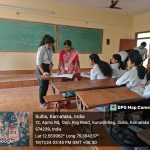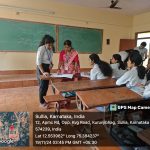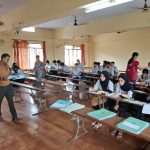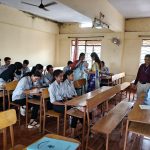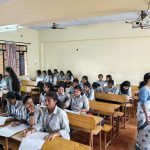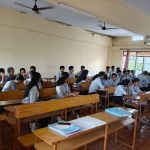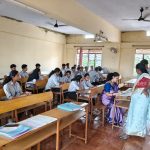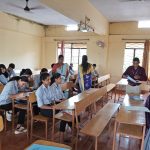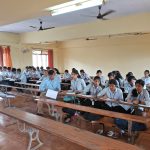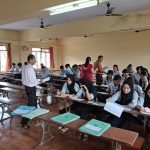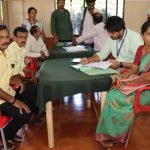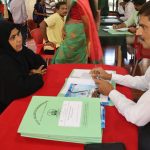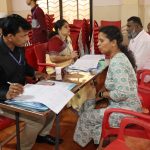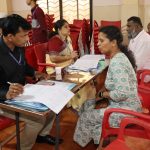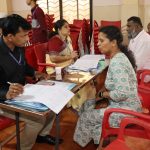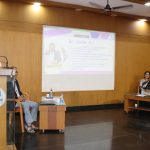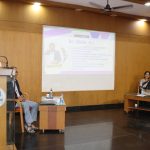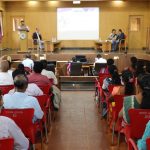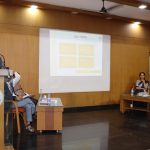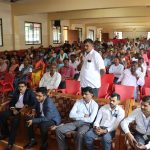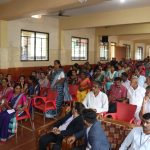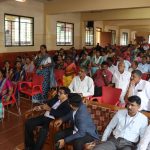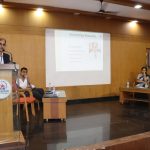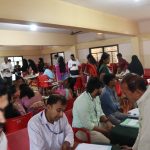
Dr. Bhagya Jyothi K L
Professor, Dept of CS & E
Dean Students Affairs/Chief Mentoring Coordinator
About Student Mentoring Wing
The student Mentoring Wing at KVG College of Engineering plays a crucial role in shaping the academic and personal growth of students. A well-structured mentoring system provides students with the necessary support and guidance to navigate challenges, set goals and build confidence. Mentors act as role models helping students develop essential skills, manage stress and stay motivated throughout their educational journey. Through regular interactions, mentors can identify student’s strengths and weaknesses offering timely advice that enhances their academic performance and overall well-being.
To empower every engineering student through holistic mentorship that fosters personal growth, academic excellence, and professional readiness—nurturing responsible, confident, and compassionate individuals ready to lead and innovate in a dynamic world
- M1: To build a supportive and inclusive mentoring ecosystem.
- M2: Guides students in navigating academic challenges and achieving their goals.
- M3: Fosters emotional well-being, confidence, and resilience through personalized support.
- M4: Encourages ethical values, leadership qualities, and social responsibility.
- M5: Bridges the gap between students and faculty to enhance communication and trust.
- M6: Prepares students for career readiness and lifelong learning through guidance and exposure.
Facilitate smooth academic and personal transitions for students, especially first-year entrants, through continuous guidance and mentoring.
Promote emotional well-being and mental health by offering a safe space for students to share concerns and receive support.
Encourage holistic development by nurturing interpersonal skills, self-confidence, and goal-oriented thinking.
Support inclusivity and equity by ensuring that every student, including those from underrepresented or disadvantaged backgrounds, receives tailored mentorship.
Foster strong mentor-mentee relationships that contribute to trust, engagement, and a sense of belonging in the college community.
Committee Members :
- Each student is assigned a dedicated mentor who:
- Monitors academic performance.
- Identifies areas needing improvement.
- Provides guidance to overcome academic and personal challenges.
- Regular mentor-student interactions are conducted to:
- Offer continuous support and motivation.
- Encourage consistent academic progress.
- Parental involvement is ensured through:
- Regular communication between mentors and parents.
- Timely updates on test evaluations and academic performance.
- Sending mark cards after each Continuous Internal Evaluation (CIE) test.
- Mentors proactively address poor performance by:
- Identifying root causes such as academic difficulties, low motivation, personal issues, or ineffective study habits.
- Offering personalized strategies for improvement.
- Special parent-mentor-student meetings are organized for:
- First-year students and their parents.
- Orientation about institutional rules, regulations, and expectations.
- Building rapport between mentors, students, and families.

